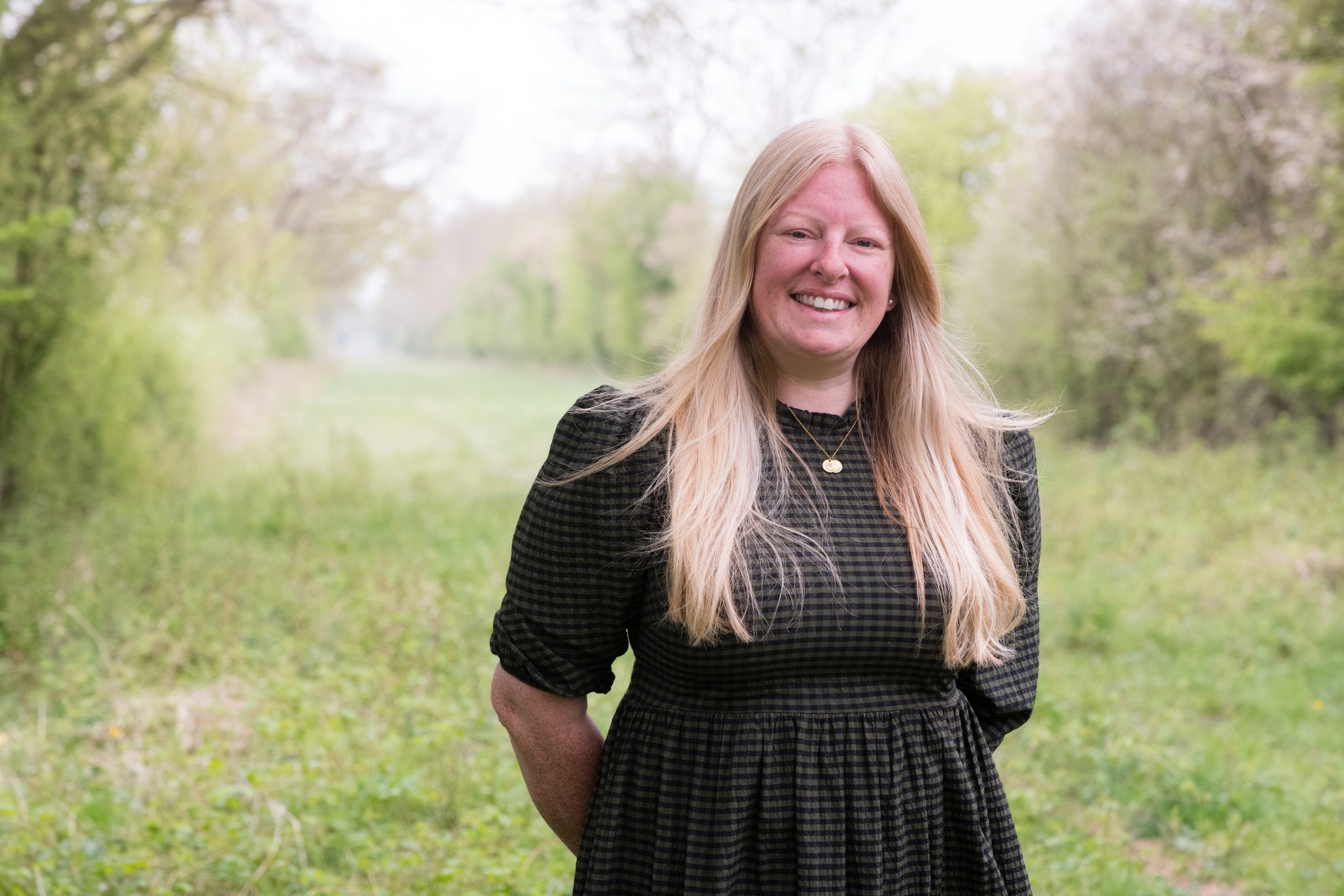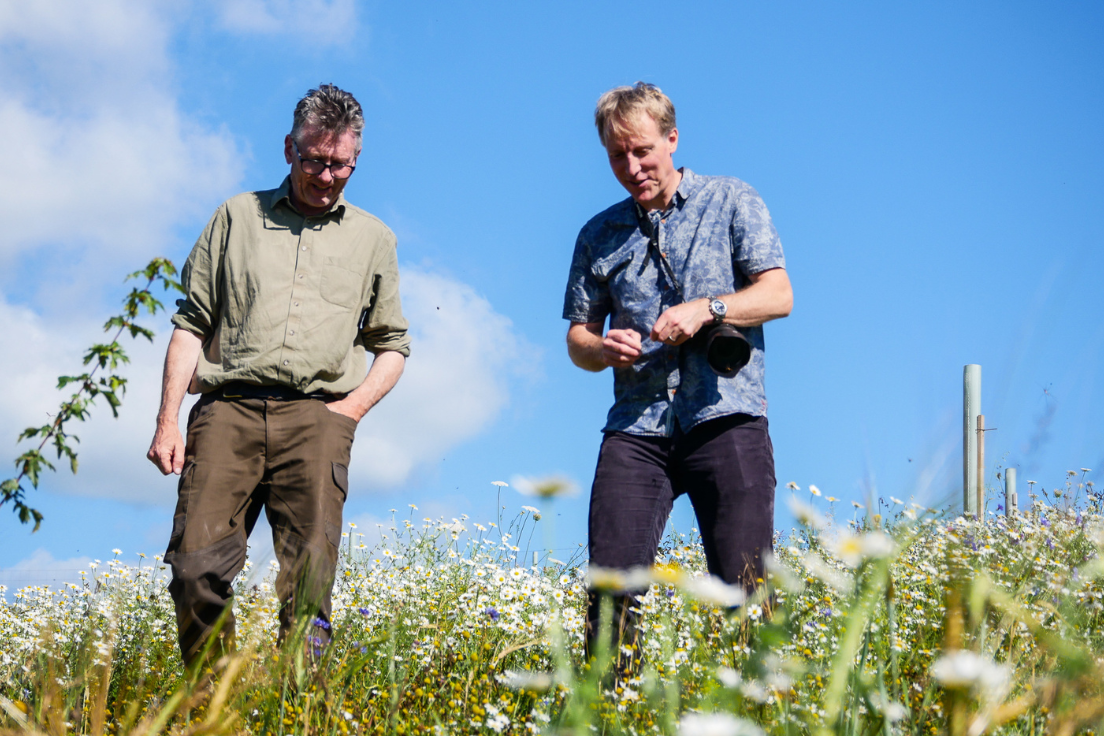Extract from: For The Love of the Land II
For The Love of the Land II features a delicious range of recipes, from British meats to knockout vegetarian dishes and irresistible desserts, as well as fascinating insights into cutting-edge farming practices that put conservation and sustainability at the forefront of our food production. Jenny Jefferies is a farmer’s wife and mother of two girls based in South Cambridgeshire. Her successful debut book, For The Love of the Land: A Cookbook to Celebrate British Farmers and Their Food, was shortlisted for Best Cookbook in the Great British Food Awards 2021 and was Woman & Home’s Best Cookbook 2021. Jenny’s passion for food producers, educating all generations about food provenance, highlighting our heritage, traditions, and culture in our farming and fishing communities, as well as giving a voice to women in both the agricultural and fishing industries, is evident throughout her writing. Her books serve as an important reminder of where our food comes from, how it’s produced, and the wonderful meals that can be made from it.
We are delighted to have this extract from the book, featuring our very own Andy Gray. Andy is the owner of Elston Farm and MC Kelly, who provides the route to market for our meat here at Farm Wilder.

Eston Farm by Andy Gray
“I have an ingrained, historical love of farming, the outdoors, and the landscape of Devon. That doesn’t mean I have to be conventional.”
Farmers nurture things: crops or livestock, we enjoy looking after them and giving them the best chance to thrive. At Elston Farm we believe nurturing our soil is part of that process and helps rear healthy animals. Our growing interest in using natural processes is unendingly exciting and provides us with a great environment which we’re filling with wildlife, and in which we also thrive.
Our ethos is sell it, then grow it. I have never grown anything I hadn’t already had a customer for. I also find selling exciting; knowing I have a keen buyer for my produce completes the circle. We diversified into cider in 1666 so have always sold directly to the public. Our butchery business (M C Kelly Ltd) supplies restaurants but is also selling Farm Wilder meat boxes, which are available direct to the consumer.
I have an ingrained, historical love of farming, the outdoors, and the landscape of Devon. That doesn’t mean I have to be conventional. The world changes, consumers’ expectations change, science changes, and things often cycle back to where we started. The regenerative practices we are developing now are just our grandparents’ practices but backed by better science and a societal need. They are also a marketing story; regenerative farming is what the public wants and will want increasingly as the benefits of these practices become ever more apparent: more nature, cleaner water, more delicious food, lower production costs, less flooding, to name just a few.
I came to Elston Farm in 1990 as an employee in the meat business. Primogeniture (meaning the first born inherits the family farm in this case) meant I had to take the long route to farming, build up an existing business and finally collude with the bank to buy my own farm. Elston Farm has exceptional soils tilting mainly to the south; it can grow almost anything. Years of arable have worn the soils out though, so we are adding livestock and developing a biodiversity-building, carbon capturing, pasture-based rotation by shifting the emphasis back to natural processes and reducing the use of chemicals.
Devon is one of the greatest meat producing counties in Europe; we have the climate, the soils and the farmers. We are exhorted to eat less meat to save the planet by the less scientifically literate; and to eat less but better, by those with a clearer grasp. As regenerative farmers we know this current zeitgeist still misses the point, that mixed farming and pasture-based farming locks up carbon, while cropping generally releases it. We also produce the most delicious pasture-fed meats.
 Andy Gray and Tim Martin
Andy Gray and Tim Martin


